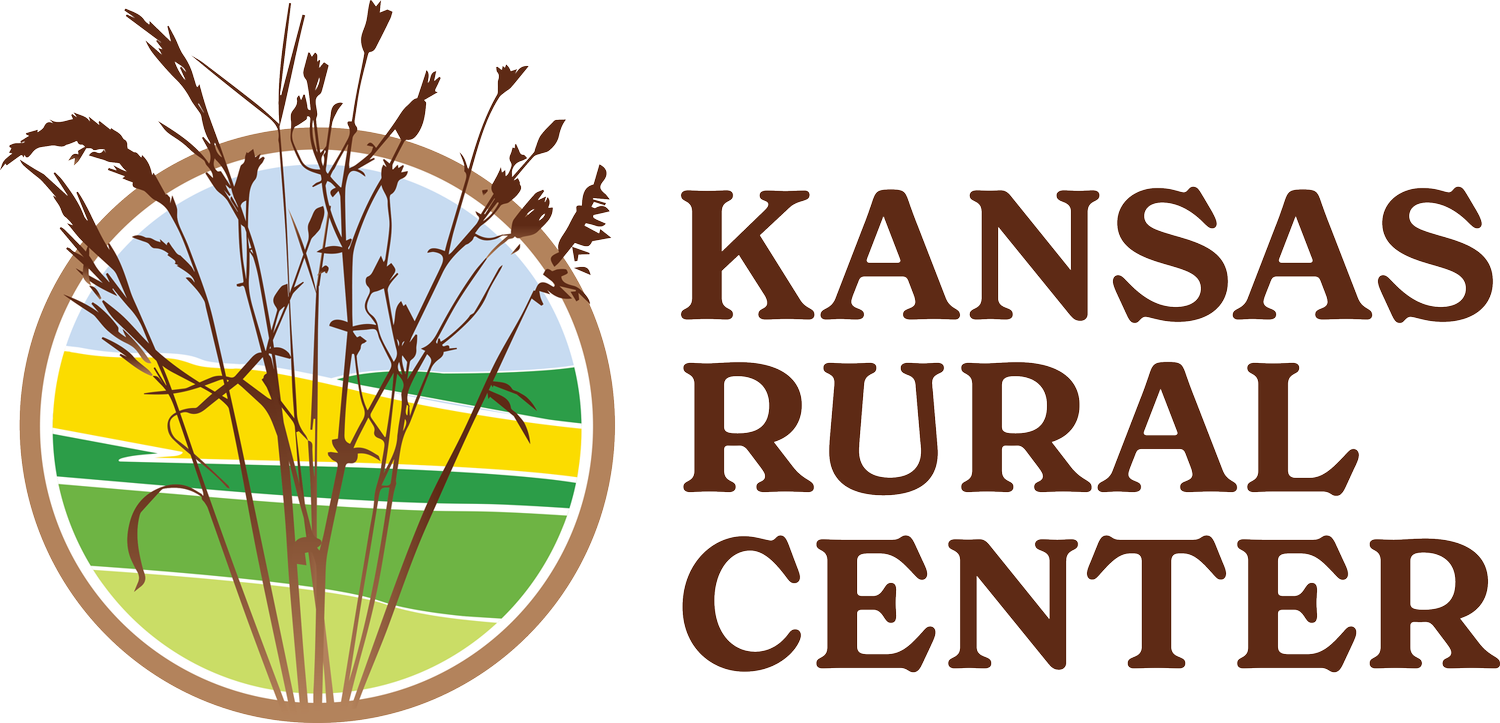Beginning Farmer Update
The future of farming is worrying these days. The average age of farmers currently sits at just over 58 years old in Kansas according to the Kansas Department of Agriculture. Nationally we know that a host of challenges impede young people from getting into farming, with adequate access to land to farm on and capital to start with at the top of the list for producers, regardless of the type of farming they’d like to get into.
Over the last year the Kansas Rural Center has been working on developing a beginning farmer and rancher training program, supported by grant funding from the USDA, and a large part of our work has been meeting with beginning farmers who are within their first ten years of farming to hear about the challenges they’re facing. Though it’s true that many of the new farmers I’ve spoken with struggle with land and capital access, they face many other roadblocks that I didn’t necessarily expect.
Due to extremely high start-up costs in monoculture row crop agriculture, conventionally wisdom seems to be that almost no new farmers can gain access to enough land or equipment to conventional grow crops on a scale that gives them the profitability they need to stay in business without inheriting a farm from their parents or other family relation. Thus, many of the new farmers we’ve interacted with over the last several years are beginning their careers in agriculture on small acreage farms growing specialty crops like fruits or vegetables, or small meat animals and grains for human consumption. These farmers are often very passionate about producing food that directly feeds their neighbors and increases food security in their communities, and they confront surprising challenges that their counterparts working on much larger farms don’t have to face.
Regulations in some counties in Kansas specify that land can only be zoned for agriculture if it is at least a contiguous five-acre parcel, which disenfranchises many urban farmers who also feel discriminated against by local governments who only recognize them as “gardeners” instead of legitimate farm businesses. An urban grower may find 0.5 or 1 acre of land to rent or buy but often discover that finding more than 5 acres of adjoining land is impossible. Regulations around farming in urban areas are at times so bureaucratic that city or county officials tell new farmers to just ignore laws because it’s too difficult to get them changed and do things the correct way. Though Farm Service Agency (FSA) assistance is available for new farmers, many programs require multiple years of records and growing experience before any aid is given, adding to the financial burden small producers take on when they aren’t recognized as “real farmers” by traditional ag lending institutions. Beginning farmers also told us that FSA staff often either can’t or refuses to help them when they aren’t growing conventional monoculture crops on large acreage, citing lack of experience in assisting farmers who grow specialty crops. The Biden Administration’s USDA has put an incredible amount of money toward creating new and better programs for farmers who grow outside the traditional agriculture paradigm. Still, promises made at the top levels of the federal government seem to fall short when local FSA staff tell beginning farmers they’ve never heard of the new programs designed to help them and seem unwilling to investigate. KRC hopes to continue working with and learning from beginning farmers in Kansas, and to push for changes locally in Kansas and in the federal farm bill that will assist them in overcoming the myriad challenges they face when following their agricultural passions.
This KRC project is supported by Beginning Farmer and Rancher Development Program grant no. 1027549 from the USDA National Institute of Food and Agriculture.
Links from Ryan’s Articles:
Beginning Farmer and Rancher Resources - https://bit.ly/3BnsVG7
USDA Grant and Cost Share Programs - https://bit.ly/3QUYQmJ
For more information on KRC’s Beginning Farmer and Rancher programming, contact Ryan: - ryangr@kansasruralcenter.org
National Healthy Soils Policy Network - https://bit.ly/3QRWXaq
Environmental Quality Incentive Program - https://bit.ly/3Li8LBT

